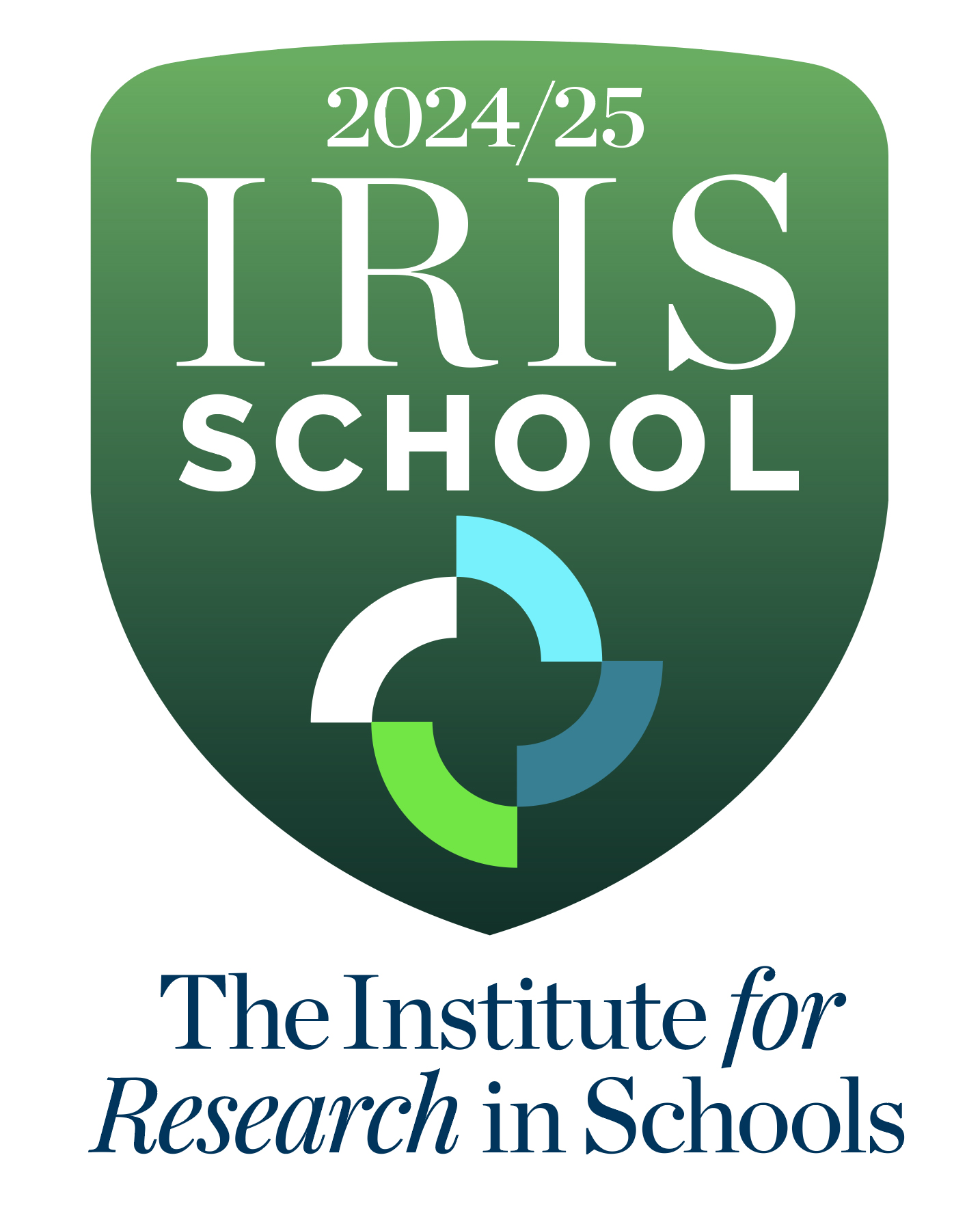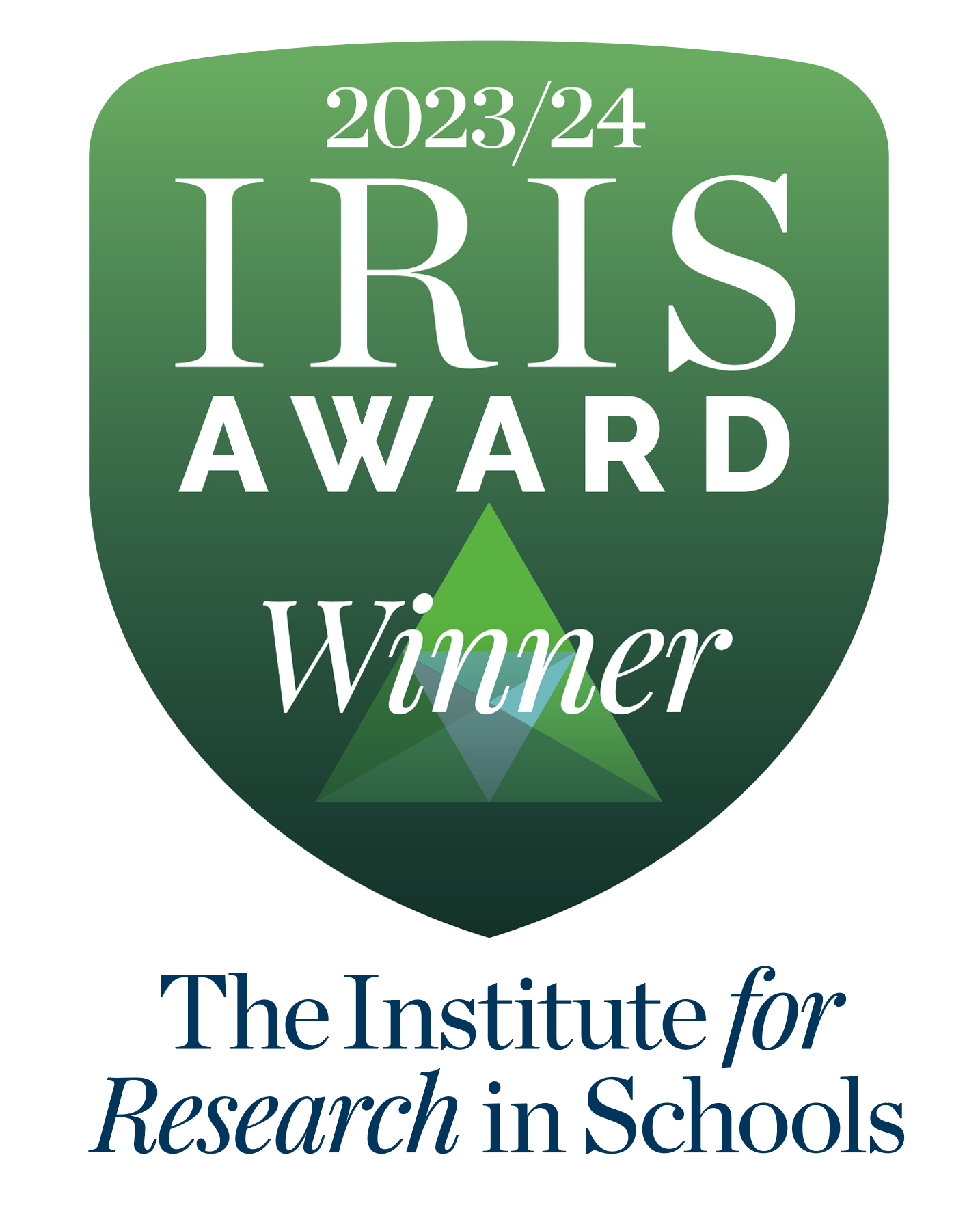Geography
Why do we teach Geography?
Geography means the world to us! Our vision is to make the world a better place for our students, our community and our distant neighbours in the global village by nurturing, supporting, inspiring and challenging one another so that we may achieve success, lead fulfilling lives and be empowered to make a difference in the world. Our mission is to share this passion for the world and open our students’ eyes to the great beauty, diversity, wonder, power and dynamism of planet Earth. We aim to broaden the knowledge, deepen the understanding and improve the skills of students and staff alike as we embark together on a learning journey that starts here and now but will last for a lifetime and could take us anywhere. We want to spark the curiosity of our students, inspire a love of learning, open minds and widen horizons. Our values are built around respect, endeavour, the pursuit of excellence and the belief that we achieve more when we work together. You know where you are with geography!
Geography is the study of the world – our subject matter is almost without limit, so what defines us as geographers is our approach to study and learning. Geographers see the world differently. We are interested in what makes places unique and what makes them interdependent; we are interested in the issues that threaten people, environments and landscapes and what alternative futures might look like. We seek to make sense of the world around us by looking for patterns and connections, studying processes and relationships, evaluating problems and solutions in a world that can appear messy and confused.
In our curriculum we set out to broaden our students’ horizons and open our students’ eyes to the wonder, beauty, power, dynamism and diversity of our planet; and we expect them to reflect on their own sense of place and place in the world.
We set out to convey the relevance, significance and topicality of Geography to our students’ lives and the lives of people they will never meet; and we expect them to develop a concern for the local and global environment and empathy with people around the world.
We set out to spark our students’ curiosity about the world around them; and we expect them to critically question and systematically investigate, becoming increasingly confident about researching their own questions.
We set out to challenge our students’ thinking and attitudes; and we expect them to develop their own views and values about issues that affect our changing world and be able to make informed decisions.
We set out to instill in our students the importance of knowledge and understanding of people and places, patterns and processes, challenges and change; and we expect them to pursue their learning with purpose and commitment to achieve excellence, accuracy and rigour.
We set out to prepare our students for their future by helping them to develop a broad array of skills and enabling them to be effective lifelong learners; and we expect them to take a positive approach to creating a fulfilling future for themselves and a sustainable future for our world.
Key Stage 3
Key Stage 4
Students follow the AQA (9-1) specification. The geography course is all about developing a better understanding of the world we live in. Topics of study are contemporary and relevant and include natural hazards, climate change, poverty, deprivation, global shifts in economic power and the challenge of meeting our needs for food, water and energy supplies. Students are encouraged to understand their role in society by considering different viewpoints, values and attitudes.
The course is divided into 3 units with an exam for each one:
Living with the physical environment – natural hazards; river and coastal environments in the UK; tropical rainforest and hot desert ecosystems.
Challenges in the human environment – urban issues in the UK and in low income countries; global variations in economic development and quality of life; management of food, water and energy resources.
Geographical applications – a critical thinking and problem-solving task based on the physical and human themes above and questions focused on two fieldwork investigations completed during the course.
Key Stage 5
Students follow the Edexcel (2016) specification outlined below. It takes an issues-based, enquiry approach to studying geography, enabling students to explore and evaluate contemporary geographical questions and issues such as the consequences of globalisation, responses to hazards, water insecurity and climate change. The course is engaging and relevant to today’s geographers and enables them to engage critically with real world issues and places, and apply their own geographical knowledge, understanding and skills to make sense of the world around them. Assessment is through three exams at the end of the two-year course which account for 80% of the marks with the other 20% coming from an Independent Investigation that is planned and executed by the students themselves.
|
Area of study 1 – Dynamic Landscapes |
|
Topic 1: Tectonic Processes and Hazards Topic 2: Landscape Systems, Processes and Change Option 2b: Coastal landscapes and change |
|
Area of study 2 – Dynamic Places |
|
Topic 3: Globalisation Topic 4: Shaping Places Option 4a: Regenerating Places |
|
Area of study 3 – Physical Systems and Sustainability |
|
Topic 5: The Water Cycle and Water Insecurity Topic 6: The Carbon cycle and Energy Security |
|
Area of study 4 – Human Systems and Geopolitics |
|
Topic 7: Superpowers Topic 8: Global Development and Connections Option 8b: Migration, Identity and Sovereignty |





